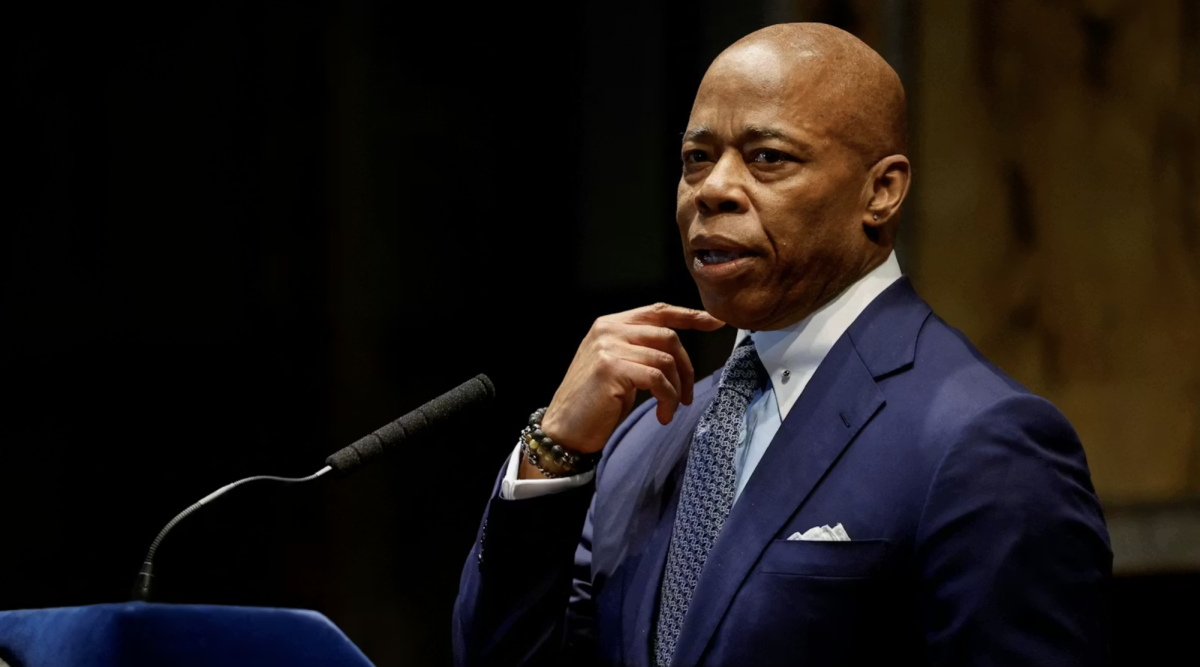As French influence diminishes in Western Africa and the Sahel region due to a series of coups, France must consider how future relations with its former colonies will look.
France has had military, diplomatic and economic relations with African nations since the end of its colonial rule in the 1960s. The removal of French troops and ambassadors in the wake of the coups puts into question the extent of France’s post-colonial intervention in its former colonies.
There have been over nine coups since 2020 across West Africa, Central Africa and the Sahel. The most recent coup occurred in Gabon at the end of August this year, in which military forces placed President Ali Bongo Ondimba under house arrest just after his reelection.
The new governing bodies in Mali, Niger, Gabon and Burkina Faso have been vocal about removing French troops and ambassadors within their borders.
Under President Emmanuel Macron, France attemped to create stable relations with countries in West and Central Africa. Macron emphasized the partnership between France and its former colonies, though there has been a rise in anti-French sentiment.
In July, a military coup in Niger removed President Mohamed Bazoum, who had been elected in 2021, claiming he had failed to protect the people from terrorism and was too appeasing towards Western powers, particularly France.
Macron has been reluctant to withdraw from Niger and other countries for months due to the risks of terrorist insurgencies, which French forces have been stationed to monitor and confront.
While the political climate in Niger remains a pressing issue, Macron has agreed to remove French diplomats and troops.
Now that multiple African governing officials have openly rejected partnership with France, the country is left in a difficult situation to retain ties. France’s desire to separate its colonial history from its present-day affairs contradicts its former colony’s call for greater distance.
Additionally, the military leaders in Niger have followed suit with those of Mali and Burkina Faso, who had requested the removal of French soldiers from their countries since their coups in 2020 and 2022, respectively.
The withdrawal of soldiers and diplomats only touches the surface of France’s foothold across African nations.
Regarding France’s economic ties in West and Central Africa, the CFA franc has been sustained as the national currency in countries including Mali, Niger and Gabon. This currency is a legacy of the colonial era and continues to be regulated by the French treasury.
The use of this currency is yet another aspect of France’s present-day influence on the affairs of countries in West and Central Africa. The CFA franc undermines the monetary sovereignty of African countries and leaves them with limited authority over their own reserves.
As it stands, the general opinion of military leaders and civilians in Burkina Faso and Niger, for instance, is that there is a need for political and economic autonomy.
Insa Garba Saidou, a Nigerien activist, identified that “France’s interference in issues of Niger’s internal policies (and) the idea that France, through the CFA franc (used as the local currency in many of France’s former colonies), is the basis of underdevelopment in Africa and Niger in particular,” as part of the reasoning for the requests for the removal of French officials.
Since gaining independence, many of France’s former colonies have not been allowed the opportunity to stand on their own without French military presence or policy influence. The present-day relations between these nations are a reflection of French colonial domination.
Although it is uncertain the damage caused by French colonization is explicitly linked to the recent string of coups, the entanglement of French policies with the institutions in nations like Gabon, Burkina Faso and Niger, is a crucial aspect of the unpredictable changes in these countries.
The staunch anti-French position of many of the new leaders in the Sahel, Western and Central Africa is indicative of a long-awaited shift in ties with France.
France can only proceed with maintaining connections with these countries by detaching itself from their internal affairs, which they should prioritize immediately.







